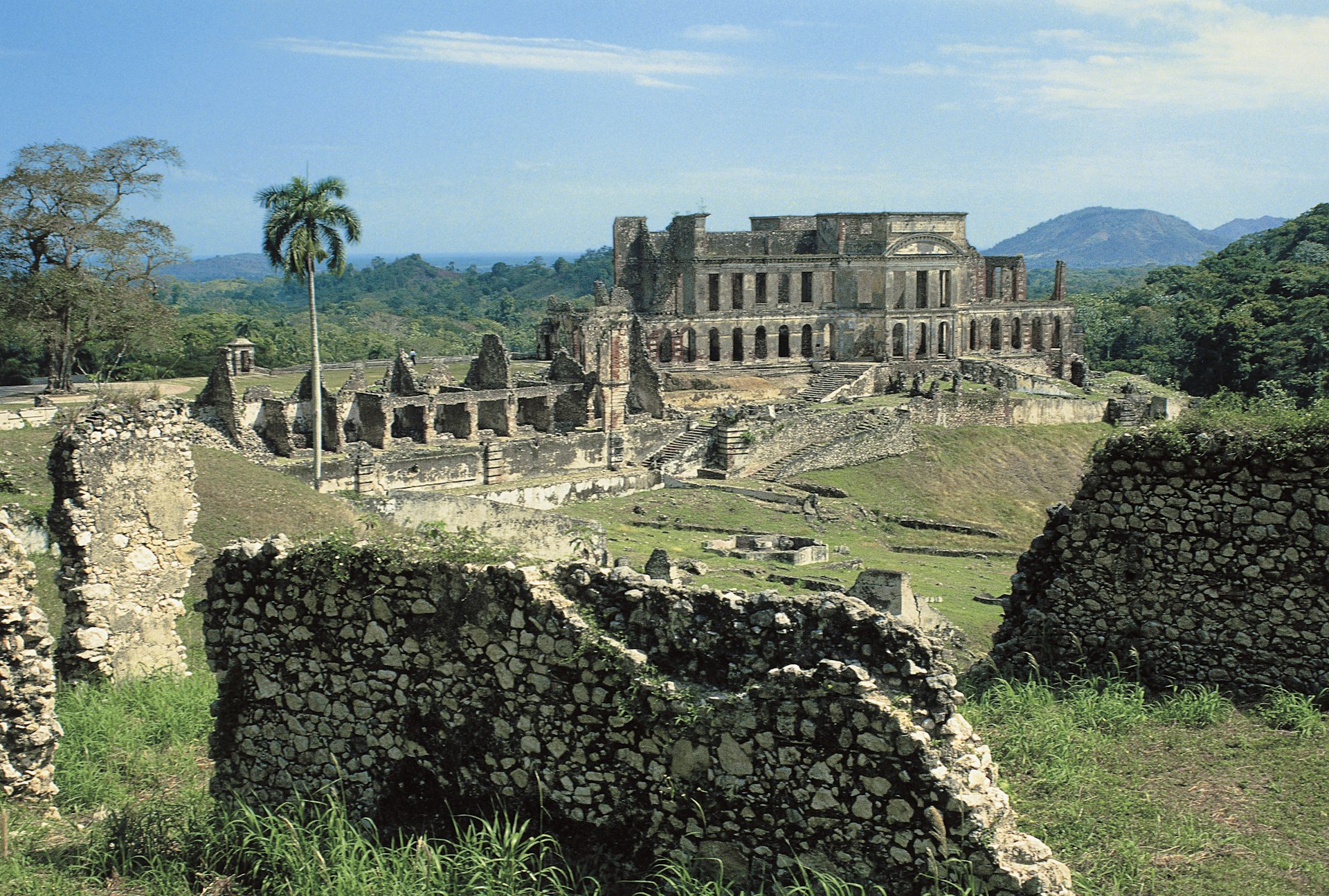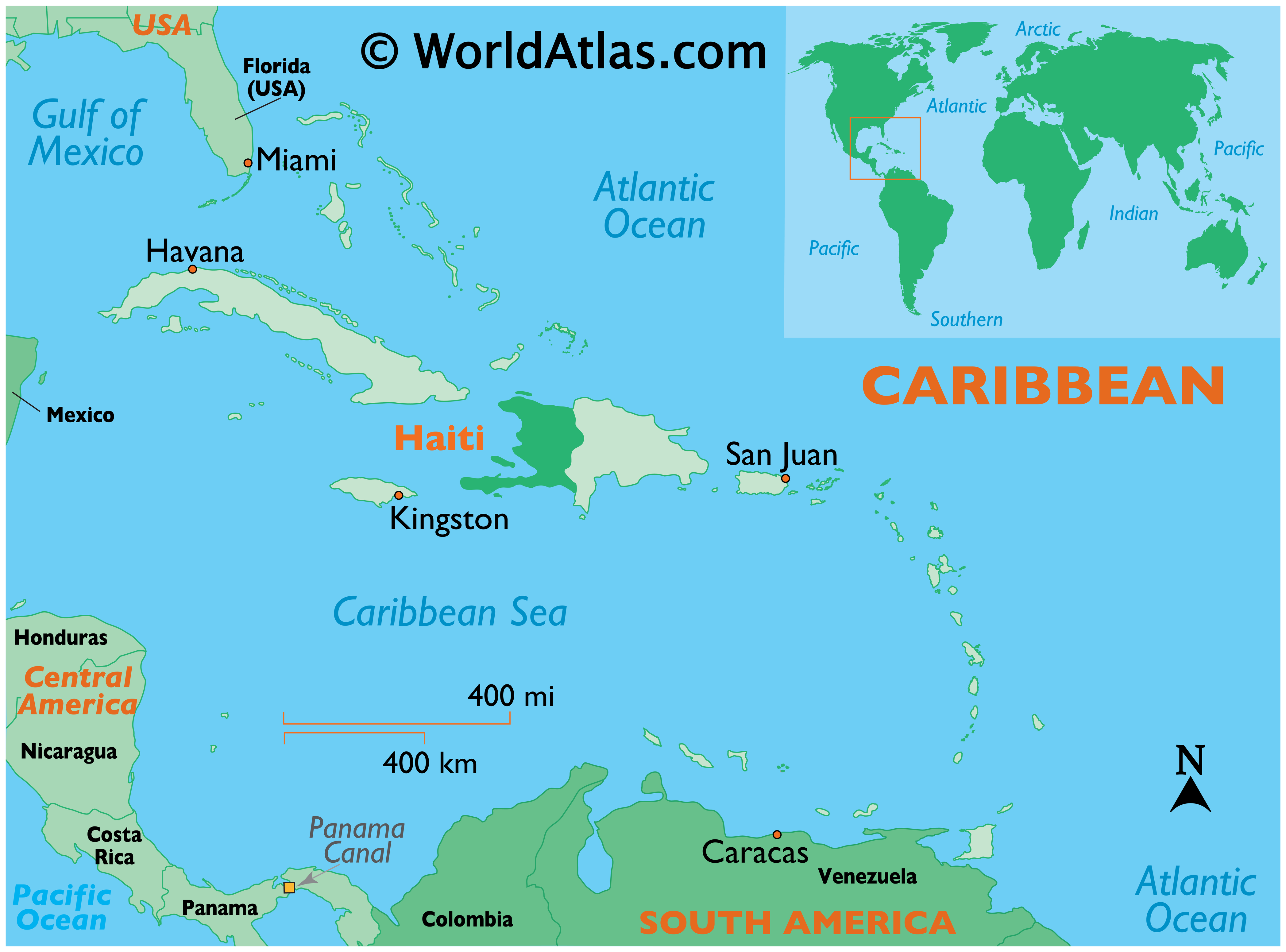Table of Contents
- Haiti Maps & Facts - World Atlas
- Haiti Map - Caribbean - Mapcarta
- Five Years After Haiti's Devastating Earthquake | Medical Teams ...
- Finjus maintains that the crisis in Haiti is of great concern
- Discover Haiti tours
- Ten things to know about visiting Haiti - Lonely Planet
- Haiti beaches, Beautiful beaches, Places to travel
- Haiti - Caribbean - Tripcarta
- Haiti: UN warns of deepening human rights crisis following most violent ...
- The crisis in Haiti overflows: the country prepares for a general ...



Geography and Climate



Population and Language


Economy and Infrastructure
Haiti is one of the poorest countries in the Western Hemisphere, with a GDP per capita of around $760. The country's economy is primarily driven by agriculture, with major crops including coffee, sugarcane, and mangoes. Haiti is also rich in natural resources, including copper, gold, and marble. However, the country's infrastructure is underdeveloped, with poor road networks, limited access to electricity, and inadequate healthcare facilities.
History and Politics
Haiti has a complex and tumultuous history, with the country gaining independence from France in 1804 after a successful slave revolt. The country has experienced numerous coups, dictatorships, and foreign interventions, including a 20-year occupation by the United States from 1915 to 1934. Today, Haiti is a presidential democracy, with a president serving as head of state and government.
Interesting Facts and Statistics
Haiti is home to the oldest cathedral in the Americas, the Cathédrale Notre-Dame de l'Assomption, built in 1928. The country has a vibrant arts scene, with a unique blend of African, European, and indigenous influences. Haiti is the birthplace of the concept of "negritude," a literary and philosophical movement that celebrates black culture and identity. The country has a rich musical heritage, with popular genres including kompa, rasin, and zouk. In conclusion, Haiti is a country with a rich history, vibrant culture, and breathtaking landscapes. Despite facing numerous challenges, Haiti remains a fascinating destination that offers a unique blend of African, French, and indigenous influences. By exploring the interesting facts and statistics about Haiti, we can gain a deeper understanding of this hidden gem of the Caribbean and appreciate its significance in the region. Whether you're interested in history, culture, or adventure, Haiti is a destination that is sure to captivate and inspire.Source: Encyclopedia Britannica